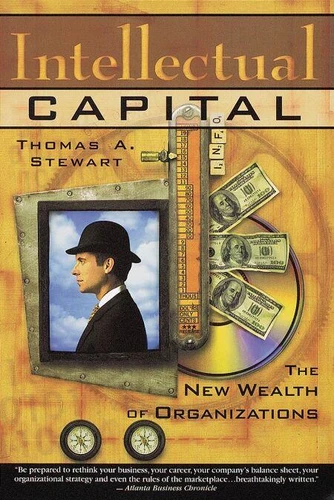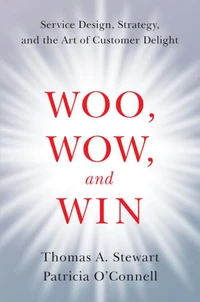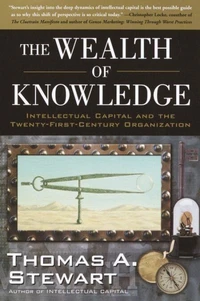Intellectual Capital. The new wealth of organization
Par :Formats :
Disponible dans votre compte client Decitre ou Furet du Nord dès validation de votre commande. Le format ePub protégé est :
- Compatible avec une lecture sur My Vivlio (smartphone, tablette, ordinateur)
- Compatible avec une lecture sur liseuses Vivlio
- Pour les liseuses autres que Vivlio, vous devez utiliser le logiciel Adobe Digital Edition. Non compatible avec la lecture sur les liseuses Kindle, Remarkable et Sony
- Non compatible avec un achat hors France métropolitaine
 , qui est-ce ?
, qui est-ce ?Notre partenaire de plateforme de lecture numérique où vous retrouverez l'ensemble de vos ebooks gratuitement
Pour en savoir plus sur nos ebooks, consultez notre aide en ligne ici
- Nombre de pages320
- FormatePub
- ISBN978-0-307-76585-7
- EAN9780307765857
- Date de parution22/09/2010
- Protection num.Adobe DRM
- Taille2 Mo
- Infos supplémentairesepub
- ÉditeurCrown Currency
Résumé
Visionary in scope, Intellectual Capital is the first book that shows how to turn the untapped knowledge of an organization into its greatest competitive weapon. Thomas A. Stewart demonstrates how knowledge--not natural resources, machinery, or financial capital--has become the most important factor in economic life. Through practical advice, stories, and case histories, Stewart reveals how organizations and individuals can create and use the knowledge assets they need. Dazzling in its ability to make conceptual sense of the economic revolution we are living through, this ingenious book cuts through the vague rhetoric of "paradigm shifts" to show how the Information Age economy really works.
Intellectual Capital should be read as if the futures of your company and your career depend on it. They do.
Intellectual Capital should be read as if the futures of your company and your career depend on it. They do.
Visionary in scope, Intellectual Capital is the first book that shows how to turn the untapped knowledge of an organization into its greatest competitive weapon. Thomas A. Stewart demonstrates how knowledge--not natural resources, machinery, or financial capital--has become the most important factor in economic life. Through practical advice, stories, and case histories, Stewart reveals how organizations and individuals can create and use the knowledge assets they need. Dazzling in its ability to make conceptual sense of the economic revolution we are living through, this ingenious book cuts through the vague rhetoric of "paradigm shifts" to show how the Information Age economy really works.
Intellectual Capital should be read as if the futures of your company and your career depend on it. They do.
Intellectual Capital should be read as if the futures of your company and your career depend on it. They do.





